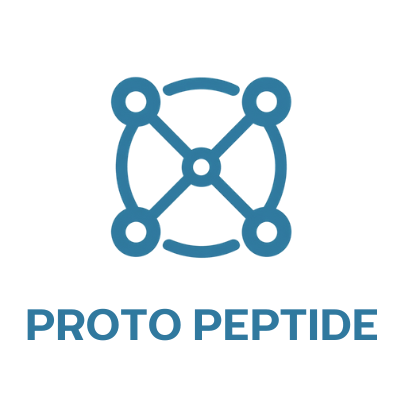GLP-1 and PCOS: A Promising Research Avenue
Polycystic Ovary Syndrome (PCOS) is a common endocrine disorder affecting approximately 1 in 10 women of reproductive age. Characterized by hormonal imbalance, insulin resistance, irregular menstrual cycles, and weight gain, PCOS poses significant health and quality-of-life challenges. As research into metabolic pathways deepens, one peptide has emerged as a promising candidate in PCOS research: Glucagon-like Peptide-1 (GLP-1).
What is GLP-1?
GLP-1 is a naturally occurring incretin hormone secreted by the intestines in response to food intake. It plays a critical role in regulating insulin secretion, appetite suppression, and gastric emptying. Because of its effects on glucose metabolism and body weight, GLP-1 analogues are being studied and used extensively in diabetes and obesity management.
GLP-1 and Insulin Resistance in PCOS
Insulin resistance is a hallmark feature of PCOS and contributes to many of its symptoms. Elevated insulin levels can exacerbate androgen production in the ovaries, leading to acne, hirsutism, and ovulatory dysfunction. GLP-1’s role in improving insulin sensitivity and lowering postprandial glucose levels makes it a key area of interest for researchers studying PCOS.
Weight Management Benefits
Women with PCOS often struggle with weight gain or difficulty losing weight due to insulin resistance and hormonal imbalances. GLP-1 receptor agonists have shown effectiveness in reducing appetite and promoting satiety, potentially aiding in weight loss and improving metabolic outcomes in individuals with PCOS.
Potential for Hormonal Balance
Early-stage research suggests that improved insulin sensitivity and weight loss via GLP-1 pathways may indirectly contribute to hormonal balance and ovulatory regularity. While GLP-1 is not a direct hormonal therapy, its systemic metabolic effects may positively influence reproductive function in PCOS patients.
Clinical Research and Outlook
Preliminary studies have demonstrated that GLP-1 analogues may reduce body mass index (BMI), improve insulin resistance, and promote ovulation in women with PCOS. Although these findings are encouraging, further clinical trials are necessary to establish safety, efficacy, optimal dosing, and long-term outcomes in the context of PCOS.
Conclusion
The intersection of GLP-1 and PCOS research represents a promising area of scientific inquiry. By targeting insulin resistance and metabolic dysfunction, GLP-1 analogues may one day become a key component in the toolkit for managing PCOS-related symptoms.
Disclaimer
This content is intended for informational and educational purposes only and is not intended to promote or sell any product. It is not a substitute for professional medical advice, diagnosis, or treatment. Always consult with a qualified healthcare provider before starting any new supplement or research compound. The statements provided have not been evaluated by the FDA or Health Canada and are subject to change as scientific understanding evolves.
